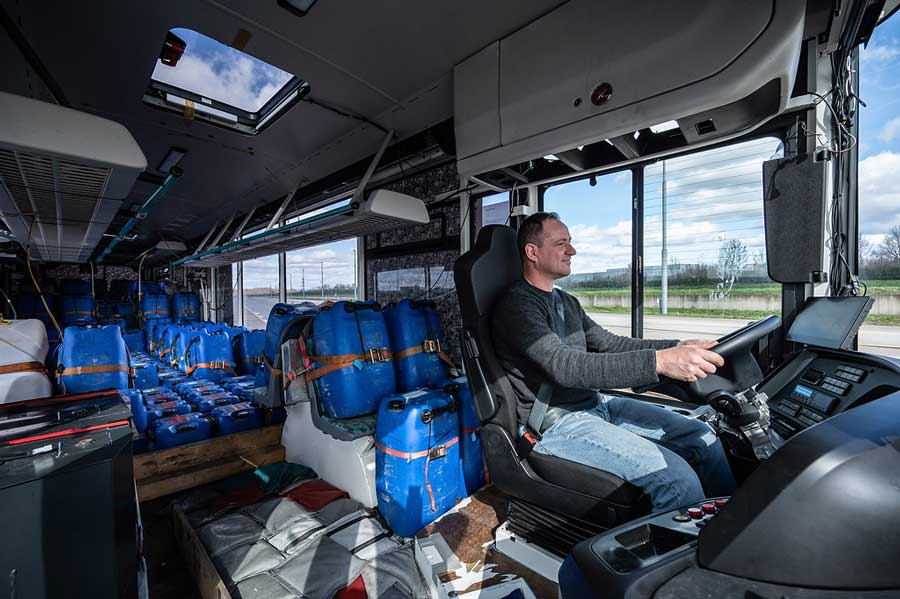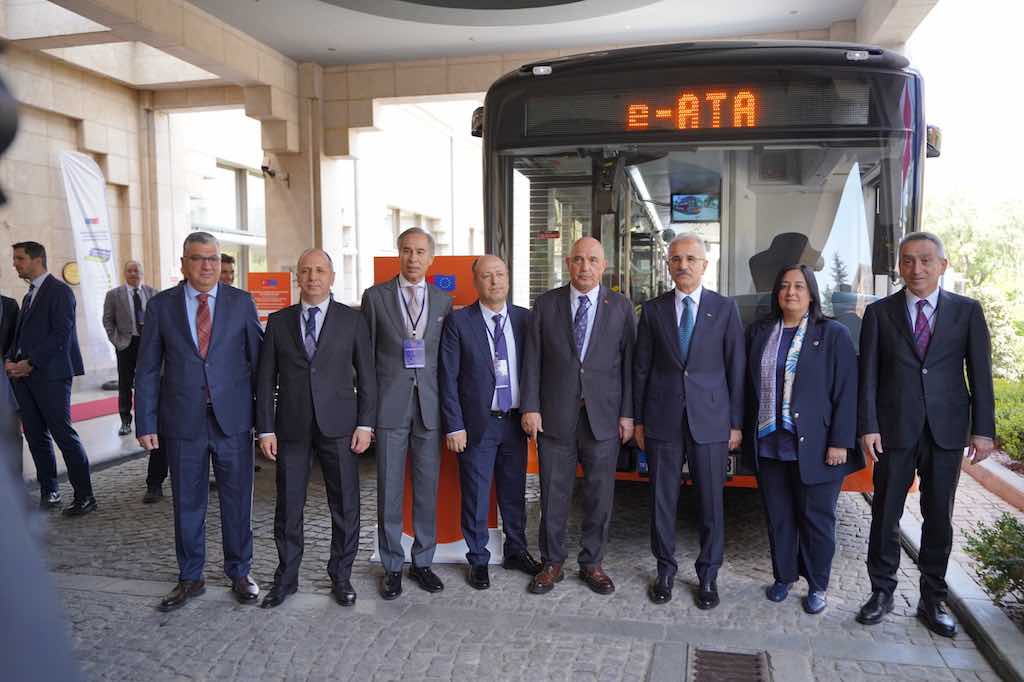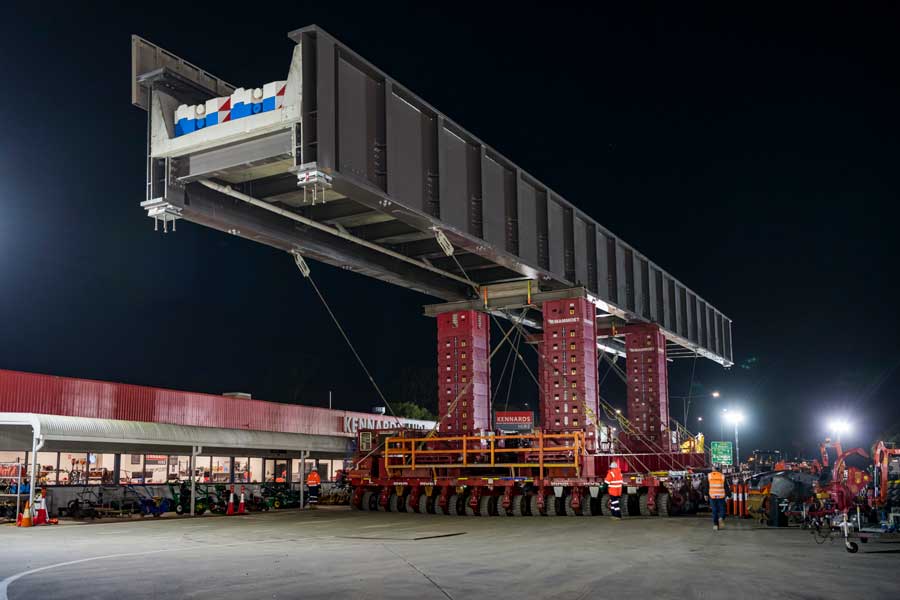A Setra intercity bus that covers around a million kilometres within a year – an unrealistic dream? In this case, it’s a real nightmare for the bus: as part of the merciless rough road testing of the new Setra MultiClass LE, one kilometre on selected bumpy roads corresponds to around 100 kilometres in practice. The result is a time-lapse vehicle life of around one million kilometres within a year.
Rough road testing: the toughest of tests
Quality and longevity are an essential feature of all Setra buses/touring coaches. They form the basis for the economic efficiency and proverbial value stability of every Setra vehicle. Every new model series must prove this before the first vehicles are delivered to customers, including the new Setra MultiClass LE. Legislation merely requires a calculation for the stability of buses/touring coaches, but Daimler Buses developers and test engineers demand more. The toughest of tests is called rough road testing. These tests are great strain for the bus: Testing on the rough road section of the Daimler Truck Development and Testing Centre (EVZ) in Wörth near Karlsruhe.
The numerous carriageways at the EVZ represent typical carriageway surfaces such as cobblestones, transverse grooves and potholes. They are extremely tough for the vehicle structure.
The Daimler Buses test team has put together defined tracks for testing to form a rough road circuit. This was based on evaluations of demanding customer operations throughout Europe. A track with 70-millimetre high obstacles in a herringbone pattern is particularly hard. It is driven over at a speed of 10 km/h, neither humans nor materials would be able to withstand more than that.
The driving tests have been precisely specified and apply both to the sequence of the tracks and the speed, which is maintained with an accuracy of 1 km/h with the assistance of cruise control. A monitor in the cockpit of the intercity bus shows drivers the exact sequence of their route, which is always the same.
Drivers change every hour during the endurance test
The vehicle completes the tests empty and partially loaded, loaded and even overloaded. Strapped water barrels on the seats and ballast bags with lead shot on the floor simulate the passengers. The drivers, on the other hand, are real, they alternate every hour, as you cannot expect them to cover longer phases.
One kilometre of rough road testing corresponds to 100 kilometres on public roads. Evidence of the extreme programme: although the shock absorbers of the MultiClass LE have special cooling during the test, they must be replaced twice during the entire period.

Part of the strain: emergency braking and evasive manoeuvres
Rough road testing also includes so-called special manoeuvres. These include, for example, quick lane changes such as during an evasive manoeuvre or emergency braking from different speeds. Any of these scenarios can also occur in the real bus life of a Setra MultiClass LE lasting a million kilometres.
Confidence is good, meticulous checks are better
The test bus, a Setra MultiClass S 518 LE, was on the road long before the start of series production and has therefore been covered beyond recognition with camouflage foil. The XXL variant of the new low-entry intercity bus with three axles, three doors and a double-width entrance at the front means particularly high levels of stress on the vehicle structure. The test vehicle is driven without underbody protection, without interior trim and insulation. This makes it easier to inspect individual component parts, for example, the weld seams and joints of the bus skeleton.
Rough road testing can take up to a year. After one and two thirds of the total distance as well as after completion of the test, the bus is thoroughly examined at the Daimler Buses Testing department in Neu-Ulm. The engine and tanks are even dismantled for this purpose.
In addition, a minor inspection is carried out on site at the EVZ between major inspections. Coloured markings document the visual inspections. For the new Setra MultiClass LE, this means: tested and passed the endurance test.










